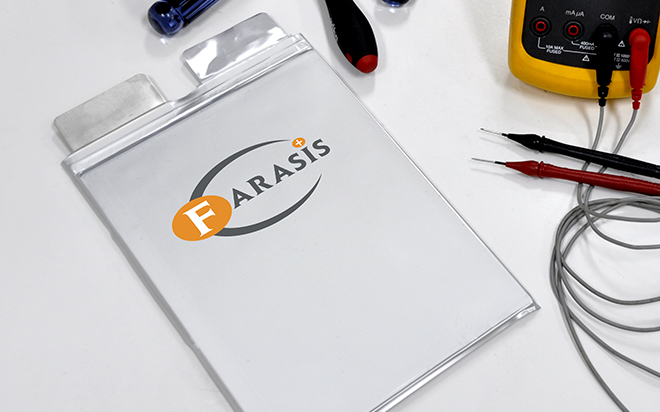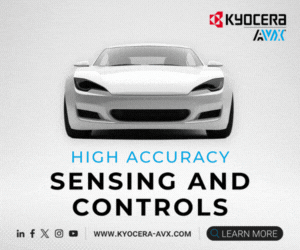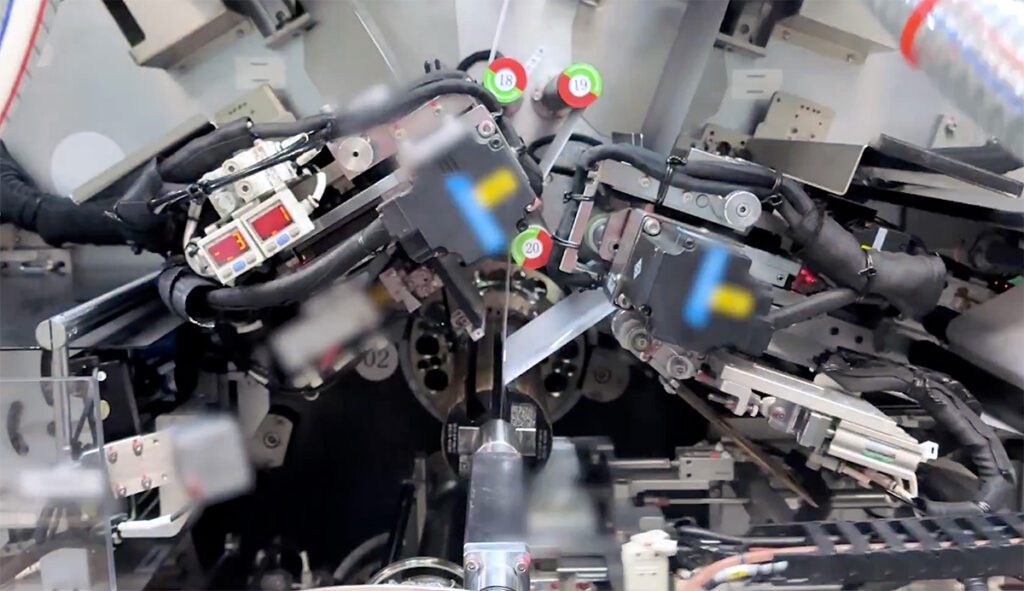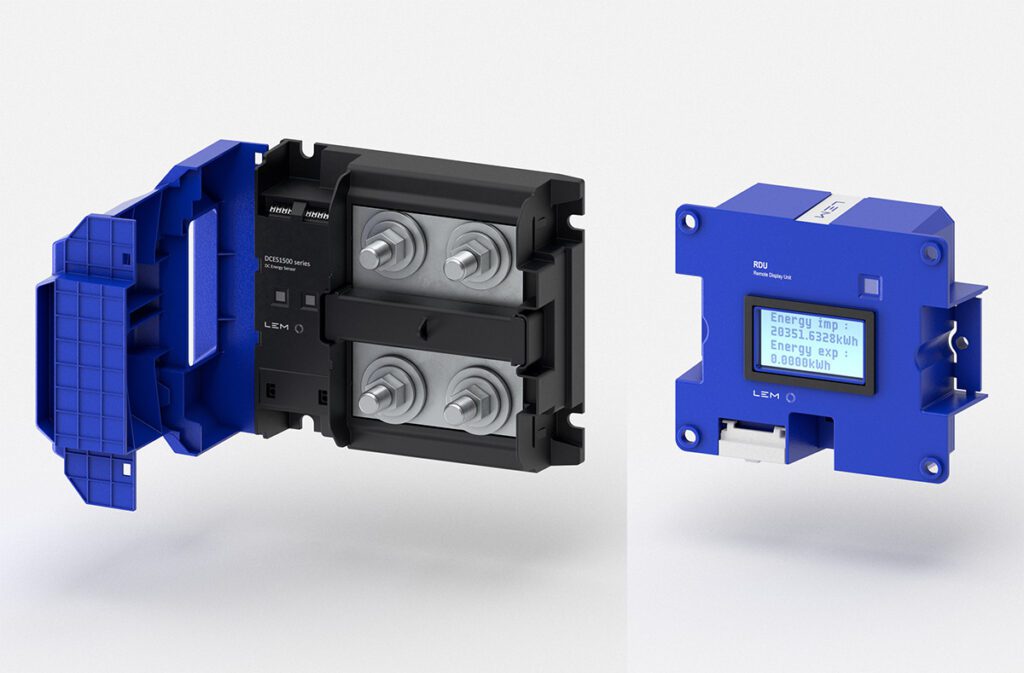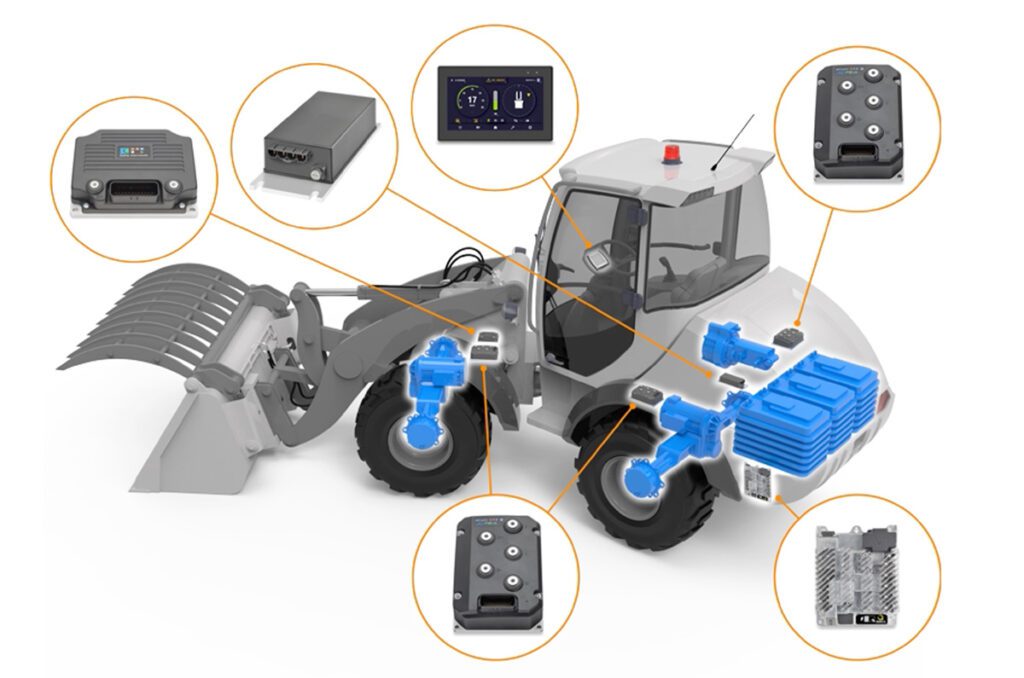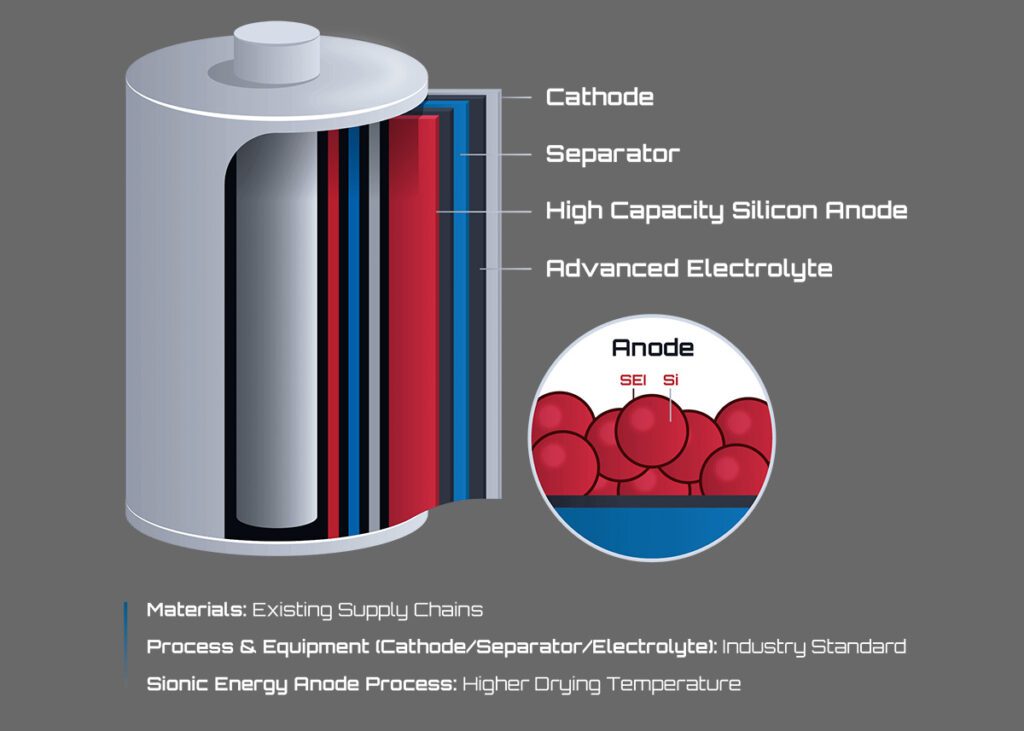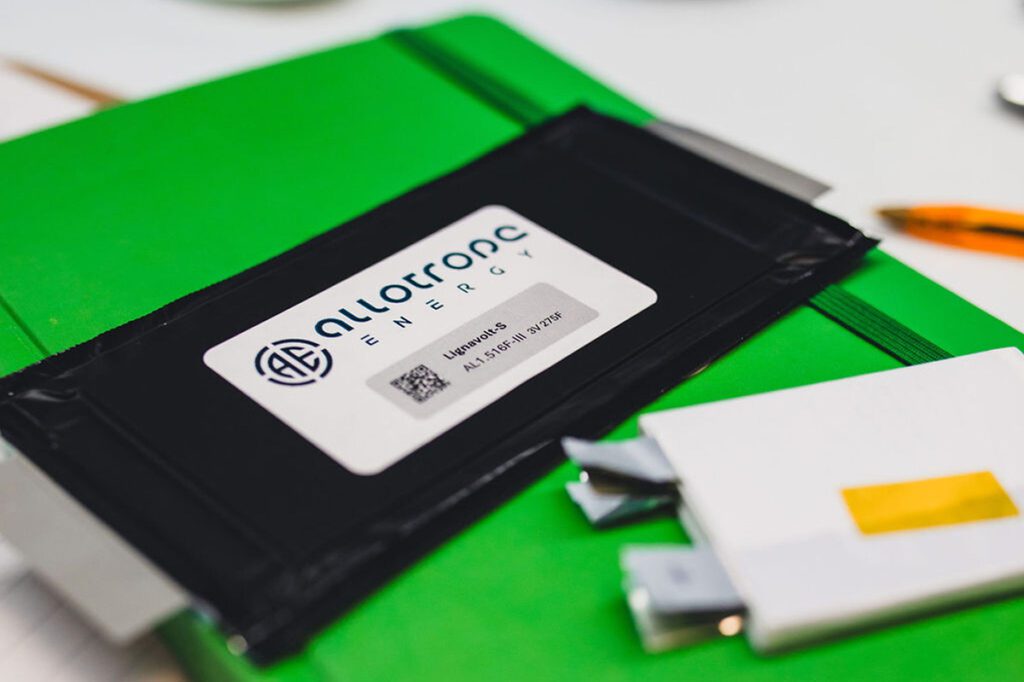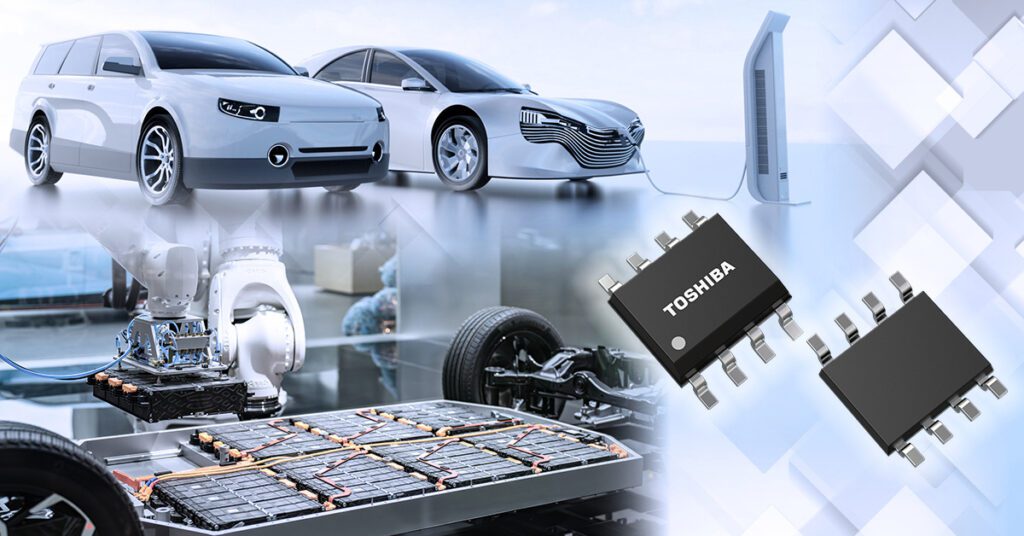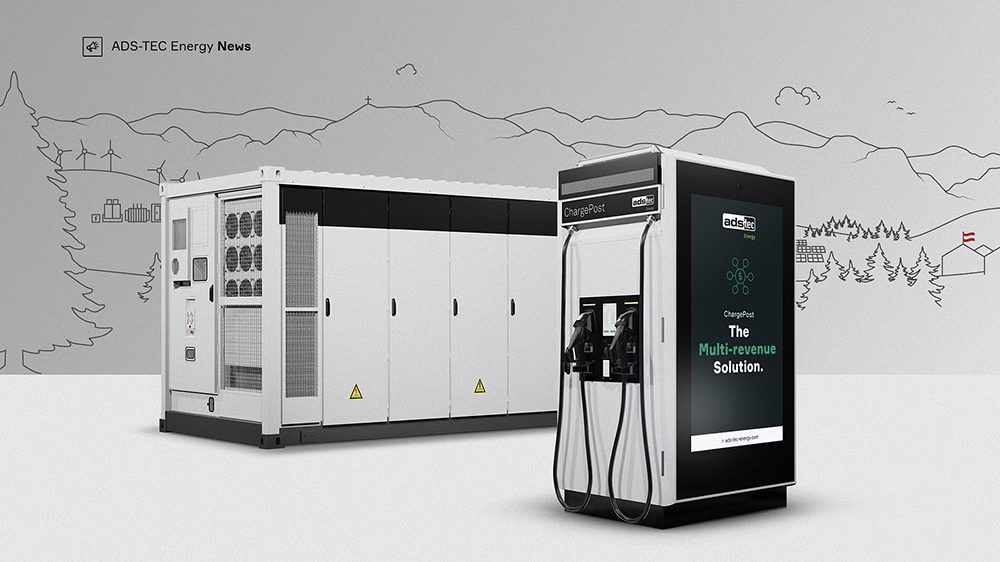China’s Farasis Energy has tested its EV battery cells through cycles representing travel over a cumulative million miles.
This requires cycling the cell over 5,000 times, a process that takes 24-36 months of accelerated testing. Farasis Energy has tested its nickel-cobalt-manganese (NCM) cells, the P75 and P73, to evaluate their aging characteristics. The results indicate that the cells could last a million miles over 15 years while retaining over 70% of their capacity.
The testing incorporated scenarios including fast charging (equivalent to charging a battery from 10% to 80% in around 20 minutes for P75 and around 30 minutes for P73) and a high depth of discharge of 90% and above. The tests were conducted at varying temperatures representative of major automotive markets like the coastal US, Western Europe and China, and emulated the variable pressure conditions encountered in real-life battery packs.

Farasis says it has achieved long cycle life for its cells using advanced materials and charging strategies. The separators are coated with semi-solid gel to reduce the amount of electrolyte while ensuring high ion conductivity and chemical stability. The cathode and anode materials demonstrate stability, and the interface between the electrolyte and electrode is optimized for improved performance. Charging is optimized to reduce lithium plating and heat generation, effectively suppressing the reactions that cause capacity loss.
“Farasis has also developed packaging technologies to mitigate the risks associated with thermal propagation by using a directional exhaust system, multisided thermal barrier protection for each cell, thermoelectric separation, and phase change materials to absorb heat during thermal events,” the company said.
Source: Farasis Energy







